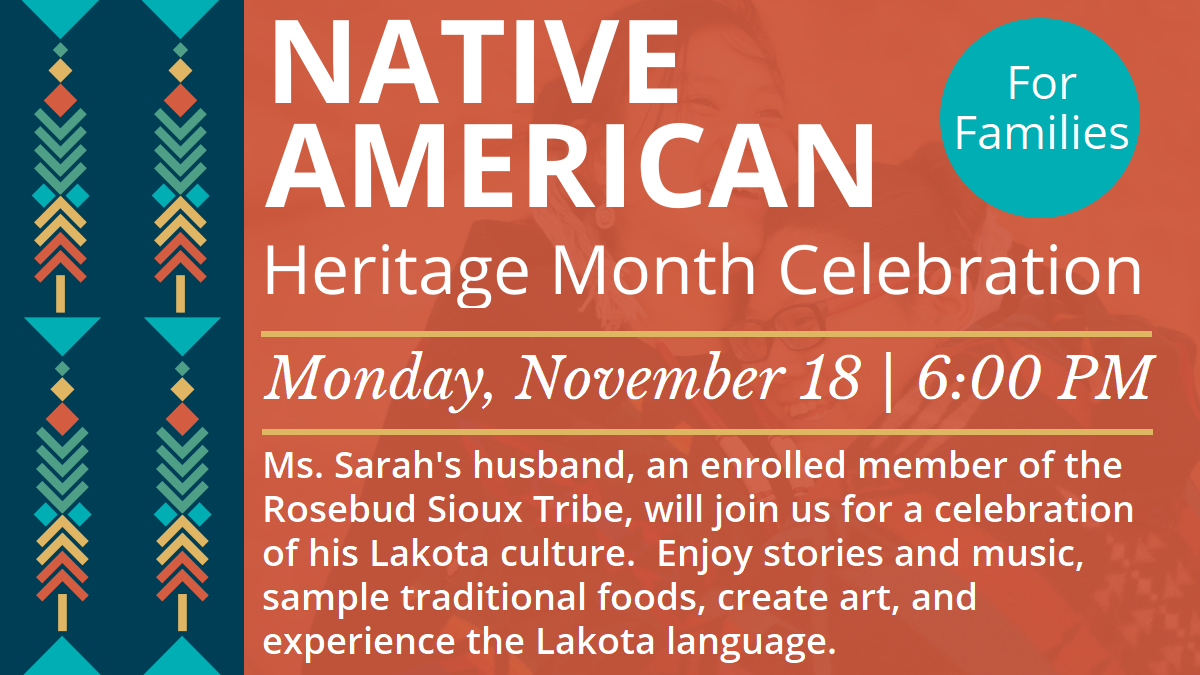Native American Heritage Month, celebrated every November in the United States, honors the rich cultures, histories, and contributions of Native American and Indigenous peoples. It was established to recognize the important role Native Americans have played in shaping U.S. history and to raise awareness of their struggles, both historically and now.
The celebration began as a day of recognition, first proposed in the early 20th century by Dr. Arthur C. Parker, a Seneca Indian who advocated for Native American rights. In 1990, President George H.W. Bush officially designated November as National Native American Heritage Month after efforts from individuals and organizations seeking broader recognition of Native history and culture.
Native American Heritage Month is an opportunity to celebrate the diverse traditions, languages, and arts of Native American tribes. Indigenous peoples of North America have rich cultural heritages that include storytelling, music, dance, craftsmanship, and knowledge systems deeply connected to the land and environment.
The month is also a time for education about the historical injustices faced by Native Americans. It also highlights the contributions of Native Americans to various fields, including politics, the arts, sports, and military service. Famous figures like Sacagawea, Chief Joseph, Wilma Mankiller, and contemporary leaders continue to inspire through their legacies and achievements. Native American Heritage Month is both a celebration and a call to acknowledge the resilience and vitality of Native peoples.
Ms. Sarah’s husband, an enrolled member of the Rosebud Sioux Tribe, will join us on Monday, November 18 at 6:00 p.m ET for a celebration of Lakota culture. We will hear stories and music, sample traditional foods, create art, and experience the Lakota language.


